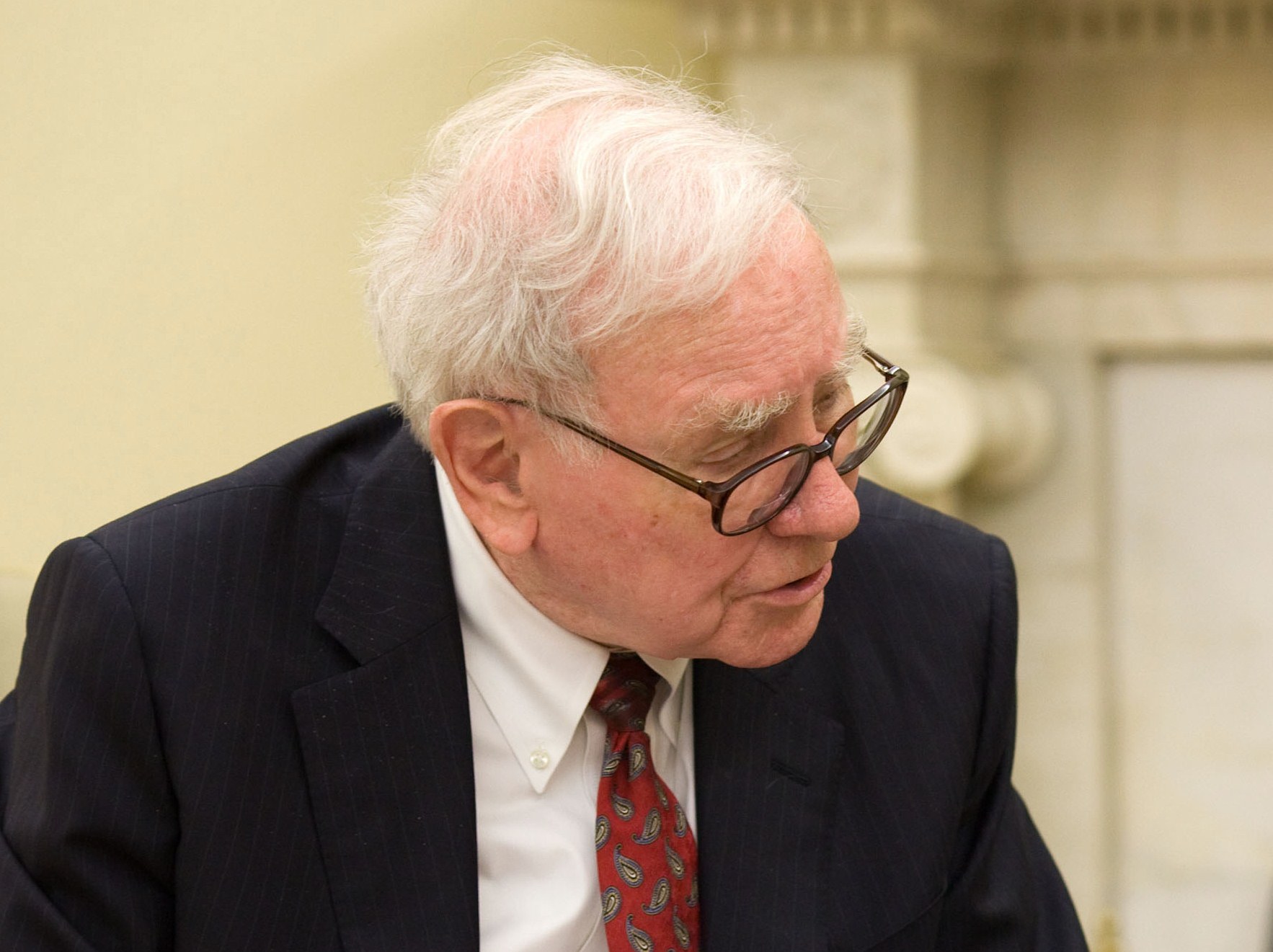Industrials
What Precision Castparts Really Adds to Berkshire Hathaway
Published:
Last Updated:

In a comment on the deal Buffett said, “For good reasons, [Precision Castparts] is the supplier of choice for the world’s aerospace industry, one of the largest sources of American exports.” At the cash price, Berkshire Hathaway is paying about 16 times 2017’s expected earnings per share of $14.22.
The acquisition gives Berkshire Hathaway exposure to the aerospace industry without having to increase its investment in airlines, which have never worked out especially well for Buffett. Because Precision Castparts is a supplier to both Boeing Co. (NYSE: BA) and Airbus, the acquisition gives Buffett another hook into the transportation sector without a direct investment in either an airline or an aircraft manufacturer.
Berkshire Hathaway paid around $27 billion in 2009 for the Burlington Northern Santa Fe (BNSF) railroad. Prior to Monday’s announcement, that had been Buffett’s largest acquisition. It was another transportation company that Buffett acquired in the depths of the recession with the belief that the U.S. economy would recover and that moving stuff around the country would be a good business.
ALSO READ: What Warren Buffett Really Bought With More IBM Shares
The BNSF acquisition looked particularly prescient when crude oil transportation out of U.S. shale plays came to depend on railroads because there were no pipelines. Is there a similar upside with Precision Castparts?
The company’s biggest customer is General Electric Co. (NYSE: GE), for which Precision Castparts supplies parts for GE’s engine division. Those engines are installed on planes made by Boeing and Airbus, among others, and whether or not the manufacturer or the buyer maintains the aircraft, Precision Castparts supplies the parts. The company also supplies airplane engine parts for the Pratt & Whitney division of United Technologies Corp. (NYSE: UTX) and U.K.-based Rolls-Royce.
The nearly decade-long backlogs at Boeing and Airbus promise substantial long-term revenue prospects, even if order growth is slowing. The aerospace division of Precision Castparts generates 70% of the company’s revenue, and in its 2015 fiscal year which ended in March, Precision Castparts posted total revenues of $10 billion. The revenue estimate for the current fiscal year is $10.17 billion while the 2017 estimate calls for revenues of $10.7 billion.
What Precision Castparts is faced with in the next few years is raising its rate of production without excessive capital spending. Both Airbus and Boeing are ramping production of their single-aisle commercial jets and will need their suppliers to ramp up as well. At the same time, the two big plane manufacturers are negotiating better pricing from suppliers and that could squeeze profits. Precision Castparts and other suppliers need to be wary of overpromising and underdelivering.
Precision Castparts stock traded up about 19% Monday morning, at around $230.85 in a 52-week range of $186.17 to $249.12.
ALSO READ: 6 Analyst Stock Picks Called to Rise 50% to 100%
Take the quiz below to get matched with a financial advisor today.
Each advisor has been vetted by SmartAsset and is held to a fiduciary standard to act in your best interests.
Here’s how it works:
1. Answer SmartAsset advisor match quiz
2. Review your pre-screened matches at your leisure. Check out the
advisors’ profiles.
3. Speak with advisors at no cost to you. Have an introductory call on the phone or introduction in person and choose whom to work with in the future
Take the retirement quiz right here.
Thank you for reading! Have some feedback for us?
Contact the 24/7 Wall St. editorial team.